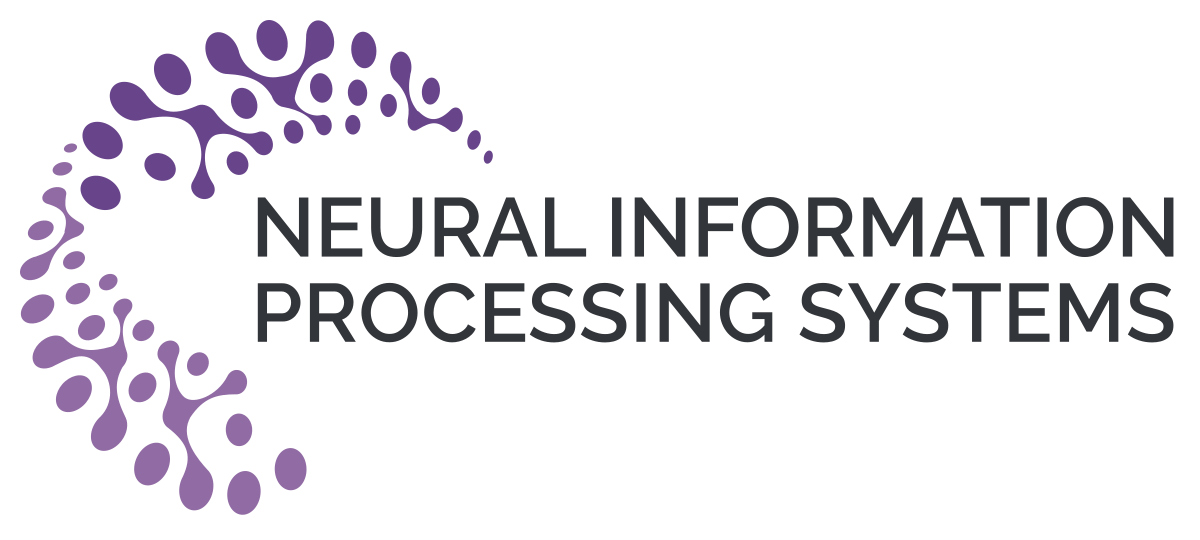Abstract:
Conditional Value at Risk ($\textsc{CVaR}$) is a ``coherent risk measure'' which generalizes expectation (reduced to a boundary parameter setting).
Widely used in mathematical finance, it is garnering increasing interest in machine learning as an alternate approach to regularization, and as a means for ensuring fairness.
This paper presents a generalization bound for learning algorithms that minimize the $\textsc{CVaR}$ of the empirical loss.
The bound is of PAC-Bayesian type and is guaranteed to be small when the empirical $\textsc{CVaR}$ is small.
We achieve this by reducing the problem of estimating $\textsc{CVaR}$ to that of merely estimating an expectation. This then enables us, as a by-product, to obtain concentration inequalities for $\textsc{CVaR}$ even when the random variable in question is unbounded.

